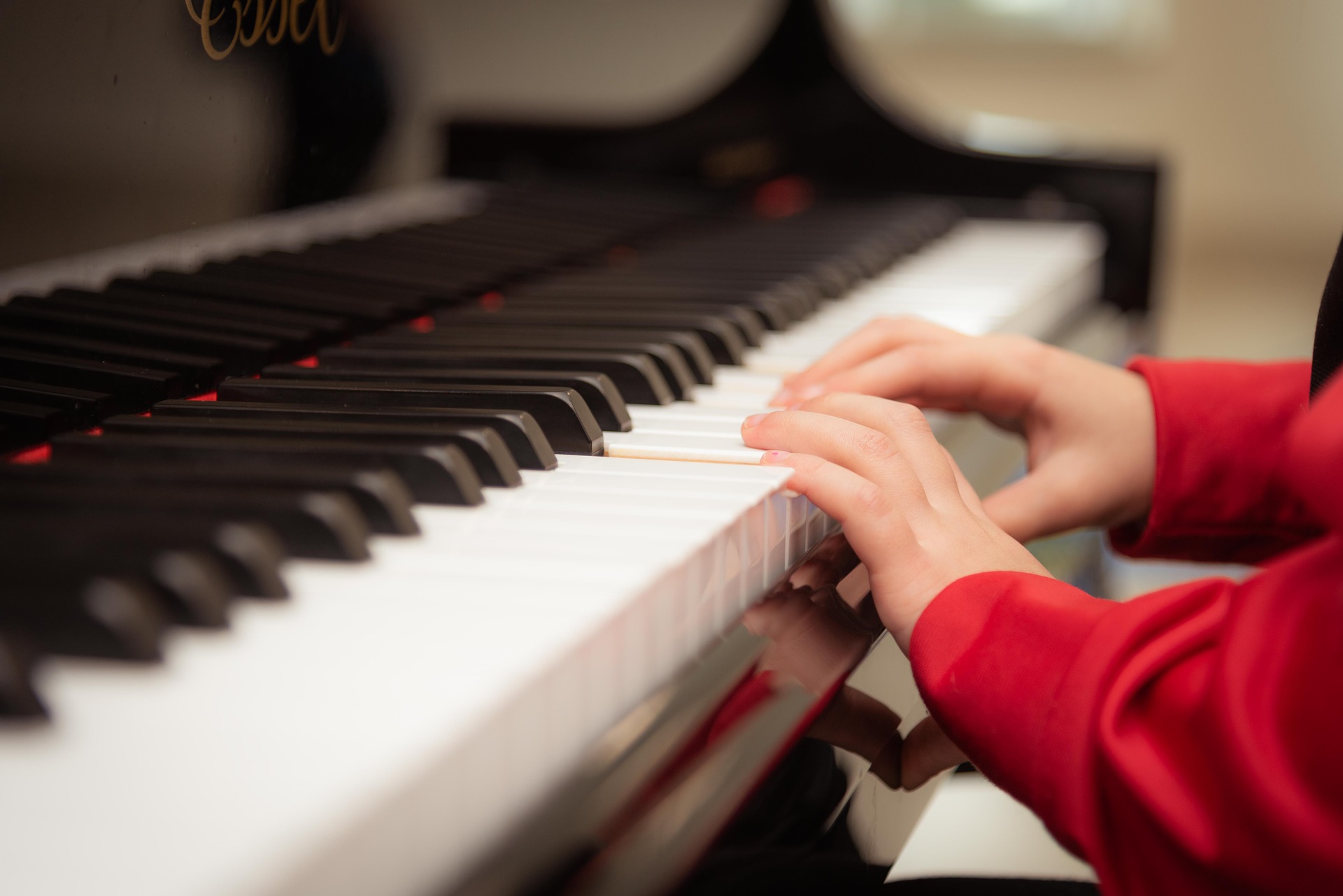Apart from being wonderfully relaxing, inspiring, and uplifting. Music lessons offers a wealth of positive experiences for children on their learning journey. A number of studies have found that engaging with music can improve a child’s brain development.
Brain Function
Neural processing has been found to be more developed in students who play musical instruments when compared to students who simply listen to music. This is important if you’re starting to look at schools for your child. Choosing a school with a well-developed music department is an obvious draw for many parents.
There’s even evidence that children who have regular music lessons have better reading scores than those who do not in addition to better comprehension and writing skills. With this knowledge, it’s easy to see why music is important in schools.
Discipline
Learning a musical instrument takes obvious discipline – this is why many parents are somewhat cautious about investing. It’s common for children to lose interest and become reluctant to practice. Helping your child to become more disciplined and to focus on their instrument for a short time each day is a great way to help them gain discipline and focus in other areas of their life.
Practice needs only to be for 10-15 minutes per day for smaller children. Make it fun and ensure your child has a dedicated place in which to practice. Help them keep their music organised and ensure their stand is the right height.
Mental Health
Music is a valuable addition not just to education but to life in general – improving mood and reducing anxiety, it’s one of the most important additions to a well-rounded education today.
Some children will develop their skills very quickly and if your child has an innate musical talent, then you could consider a classical music school for them. This is a wonderful way to combine their education with their passion and talent.

